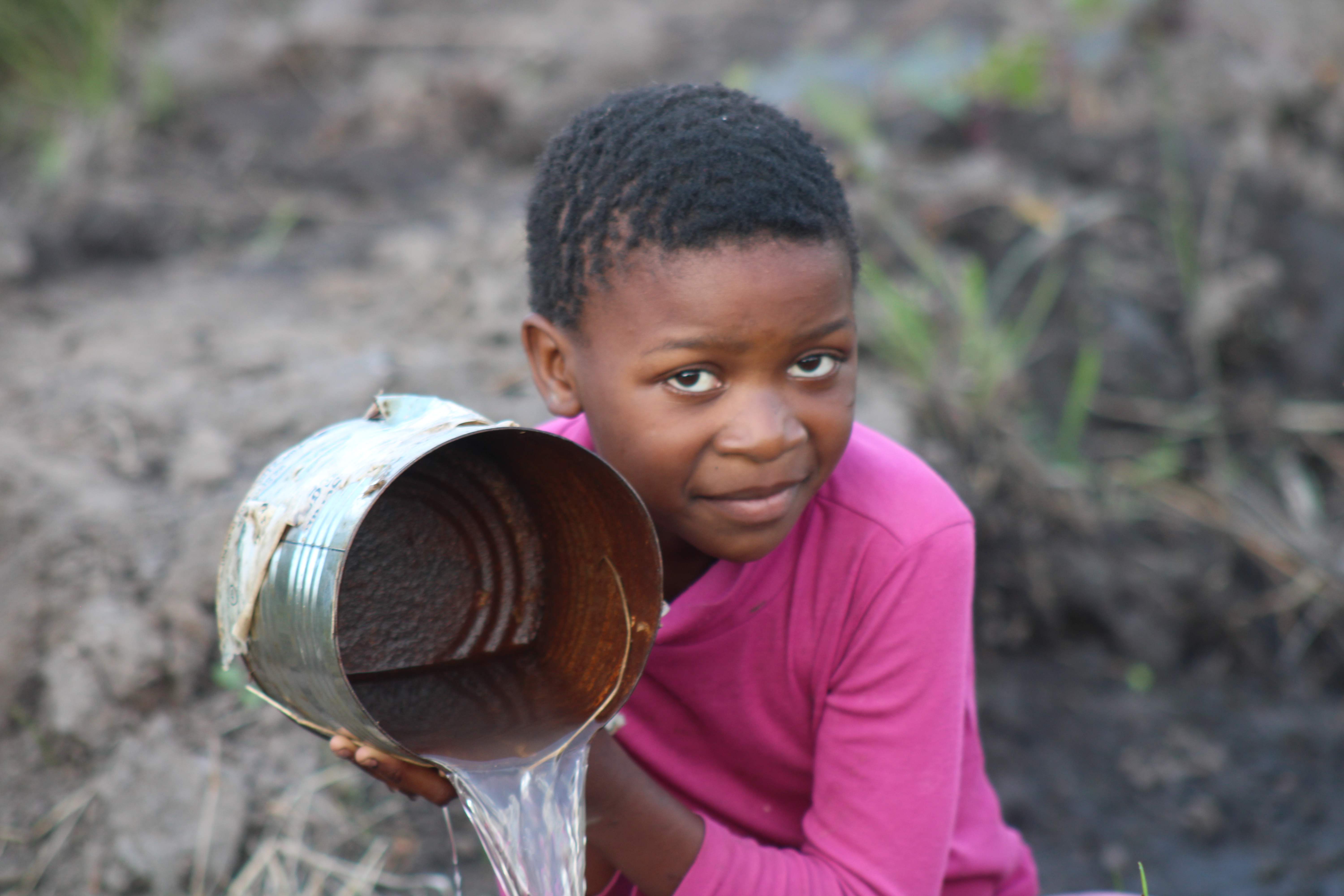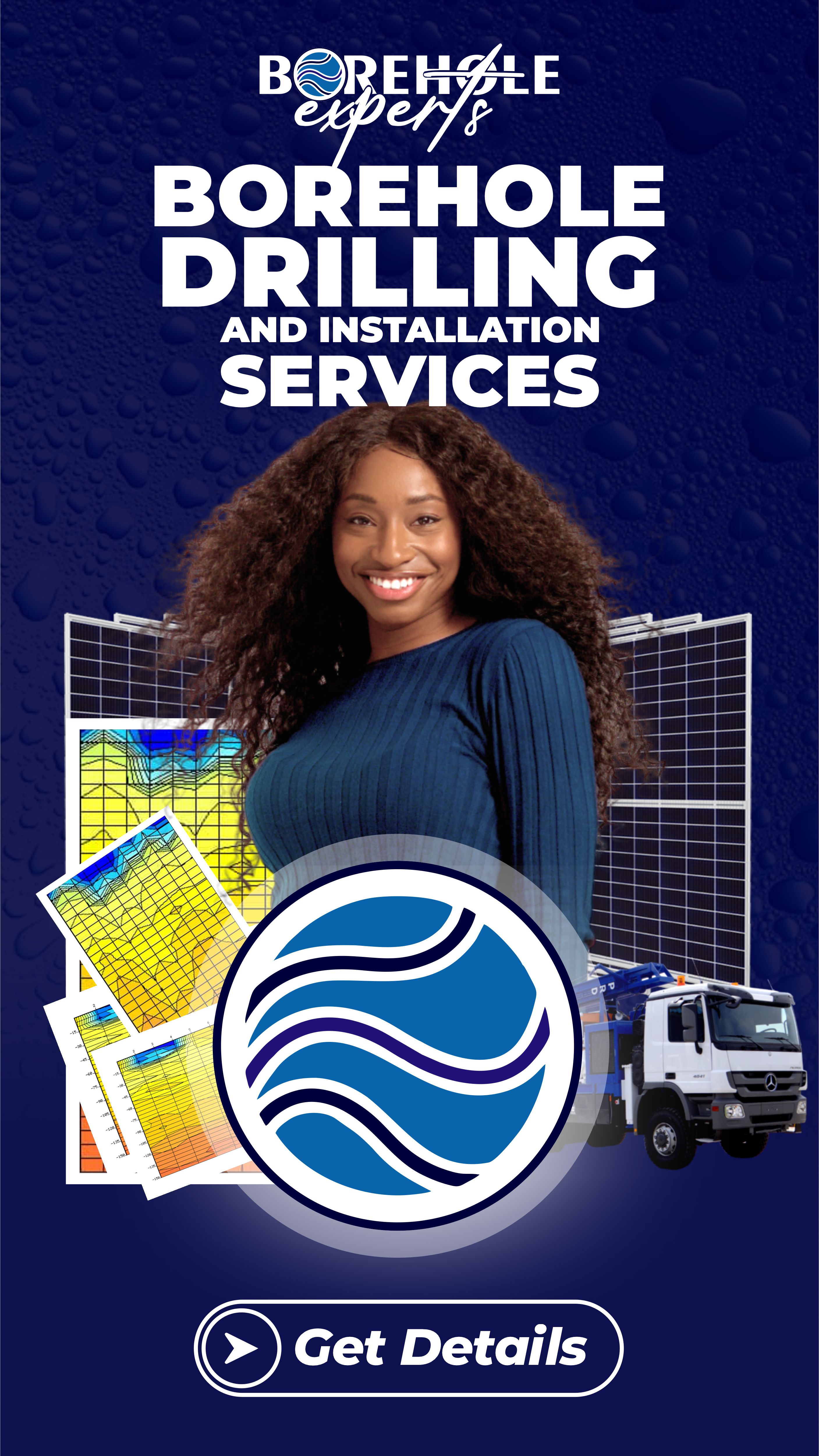Please feel free to leave a message on our WhatApp number or alternatively please call us and we will be able to help you straight away. If you would prefer, send us an email with your details and an outline of your enquiry and we will be pleased to come back to you. We respond to all enquiries usually within 24 hours, but guarantee within 48 hours.
Our Contact Numbers Are: +263 77 389 8979 or +263 71 918 7878
Water is one of our most basic needs for survival. When people don’t have access to clean and safe water, they have to use whatever water they can find, even if it’s contaminated, for drinking, washing, and growing food.
How Do You Determine Water and Sanitation Safety?
The CDC measures access to safe water by the percentage of the population that has access to safer water sources, which may include piped water, protected wells or springs, collected rainwater, and public standpipes.In Developing Countries What’s the Connection for No Access to Clean Water & Disease and Poverty
 |
| How Are Water and Sanitation Linked to Disease and Poverty? |
Lack of Safe Water for Drinking or Personal Sanitation
One-third of the people in the world don’t have access to safe drinking water. Drinking contaminated water causes many diseases that are serious or fatal. Last year, more than a million people around the world died from diseases carried by contaminated water. Most of them were small children.Water and sanitation is also a significant problem. Lack of safe water for personal hygiene is a health risk. Infectious diseases, such as Covid-19, spread when people don’t have access to water to wash their hands.
These health problems, in turn, contribute to creating or sustaining poverty. When people are too sick to work or go to school, their current and future incomes are at risk. The costs of medical care, including transportation, can be overwhelming in low-income households.
Lack of Enough Clean Water to Grow Food
Food shortages result when there isn’t enough water to grow all the food a population needs. This problem is expected to get worse, as the world population continues to increase, and climate change may alter the usual rainfall patterns. Lack of food security creates both health and economic problems, both directly and indirectly, as it threatens people who can’t get enough to eat as well as farmers who cannot make a living. In addition, diseases are spread when contaminated water is used for growing crops.Women Are Especially Affected by Lack of Access to Water at Home
When a family does not have water within their home, it is usually the women and girls who have to go get it. They have to walk, often long distances, to a water source and carry the water back. This leaves less time for women to do paid work and for girls to go to school.Water and sanitation also play a role. Lack of water for sanitation during menstruation, pregnancy, and childcare forces women and girls to stay home, keeping them out of school and the workplace. Using public sanitation facilities also increases the risk of being violently attacked.
Disputes Over Access to Water
War and other conflicts create poverty. Water can be both the cause or the effect of conflicts. Disputes arise when access to safe water is limited. In turn, conflicts may cause difficulty in accessing water, either as a side-effect of the destruction the conflict causes or directly, when access to water is used as a weapon.Access to Clean Water Is a Problem in Wealthier Countries Too
It’s a common misconception that contaminated water is a problem only in developing countries. That, unfortunately, is not the reality.One study found that more than a million people lacked secure access to safe water in the United States over a recent 4-year period. Nearly half of those people lived in the country’s 50 largest metropolitan areas. In New York alone, 65,000 people did not have running water in their households.
Many people are not aware of the extent of the problem of water insecurity in the U.S. One reason is that official statistics don’t reflect the reality. The people most likely to lack access to piped water or flush toilets are also the people most likely to be undercounted in the Census – people without homes, people in substandard housing, and people of color.
How Access to Safe Water Reduces Poverty
In the developing world, 80% of diseases are caused by drinking or washing with contaminated water. Eliminating such a major cause of disease has a dramatic effect on communities. When children are healthy, they can attend school, which provides them with a better economic future. Healthy adults have more opportunities to earn money.Women, in particular, benefit from having at-home access to water. When they don’t have to walk long distances to fetch water for their household, their time is freed up to seek paid work. Also, having access to water for sanitation frees women from having to hide at home.
Having sufficient clean water for growing crops ensures that people have enough safe food to eat. This, too, promotes the health of the population, enabling children to go to school and adults to earn income.
Solutions
At Healing Waters, International, we believe that every person has a right to water that is safe. By creating solutions to the problem of water insecurity, we strive to eliminate one of the major causes of disease and poverty.
We provide reliably safe water to communities that are experiencing water insecurity. We do this by designing and building innovative water purification systems. Each system is individually customized to meet the needs of the particular community that will receive it.
We don’t stop with creating and distributing the systems. We want to ensure that they will be sustainable. We train community leaders to have the business knowledge to keep the access to safe water going for generations. The system is affordable to run, as are the components that need to be replaced.
We also provide health and hygiene education to the communities in ways that fit into their cultures. The combination of access to clean water and behavioral change is powerful. We will keep on going until 100% of people have access to safe water.
Borehole Drilling in Zimbabwe is looking forward to your call or WhatsApp Message.
Please feel free to leave a message on our WhatApp number or alternatively please call us and we will be able to help you straight away. If you would prefer, send us an email with your details and an outline of your enquiry and we will be pleased to come back to you. We respond to all enquiries usually within 24 hours, but guarantee within 48 hours.
Our Contact Numbers Are: +263 77 389 8979 or +263 71 918 7878
The Cost or Prices For Borehole Drilling in Zimbabwe:
Please Note: Prices provided here act as a guide only, they may be different at the time of contacting the contractor. Whilst due care has been taken to ensure the authenticity of the above list, the clients are encouraged to practice due diligence and ask for references before they engage a specific contractor.
This website is owned by Borehole Drilling In Zimbabwe.We offer FREE expert advice to property owners who wish to or have boreholes drilled at their properties. We also work with pre-screened and trusted borehole drilling contractors who subscribe to quality workmanship and set standards of professional service.
Borehole Drilling In Zimbabweis meant to be a one-stop platform where clients can easily find professional borehole drilling and maintenance contractors. Of late, many property owners have been crying foul over poor and dishonesty service; from some contractors. This may be a case of lack of information on the part of the client or truly dishonest service on the part of the contractor.
This guide and our free expert advisory services will serve to solve both these problems.
Request A Quote:
If you have further questions, contact our friendly team today they will be more than happy to assist.Borehole Drilling in Zimbabwe Sales: +263 77 389 8979 and +263 71 961 3479.









.jpg)


